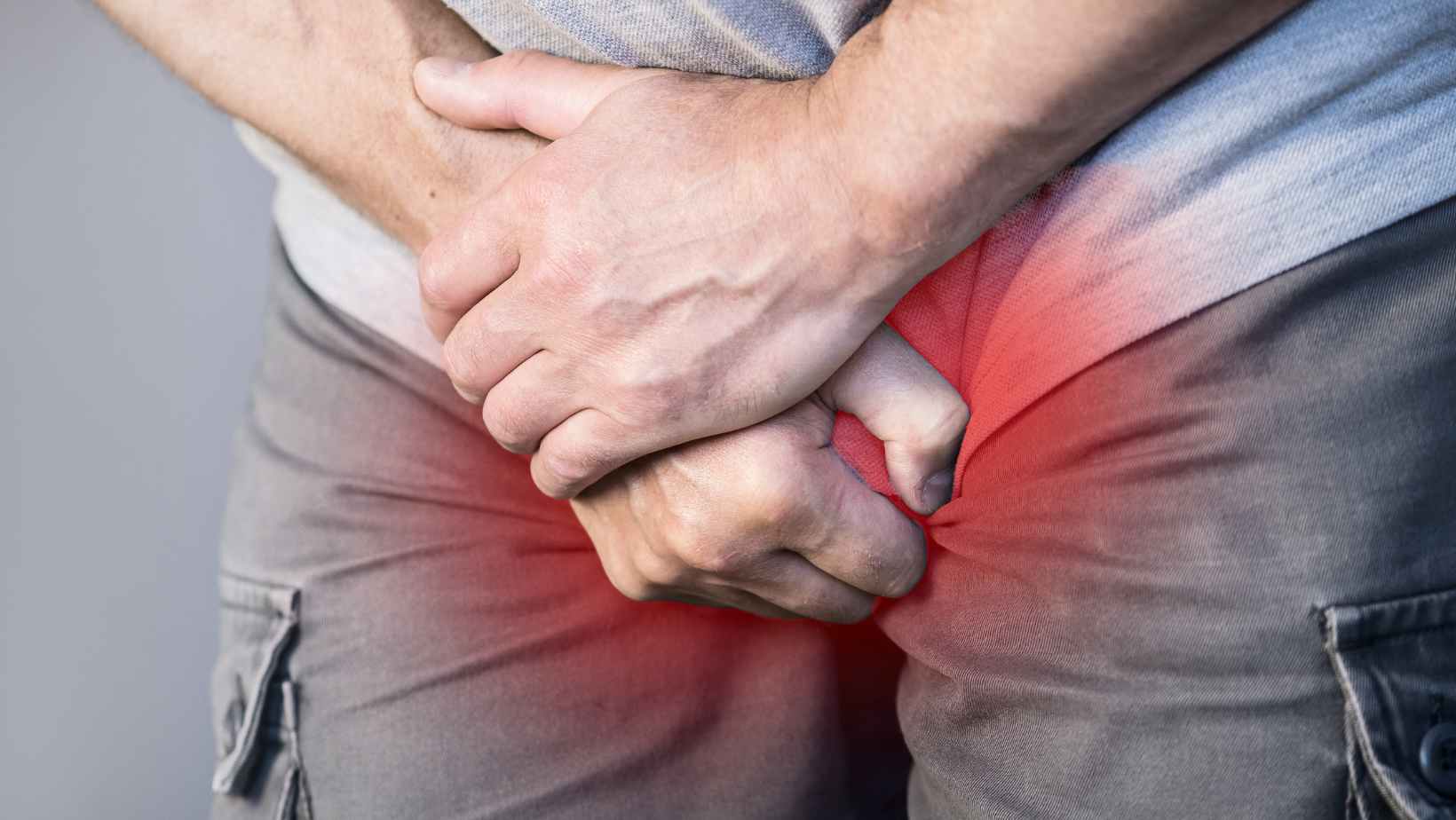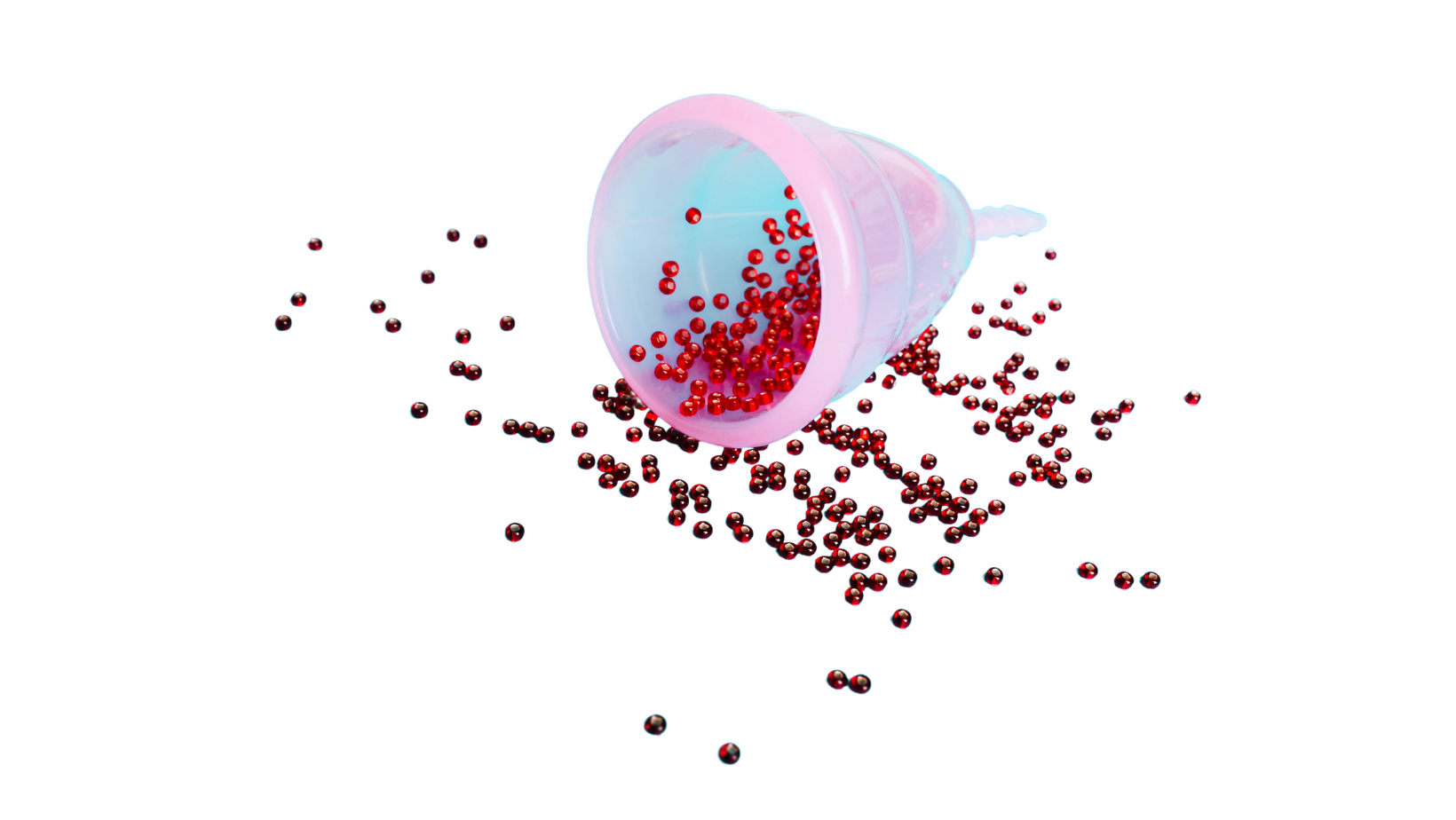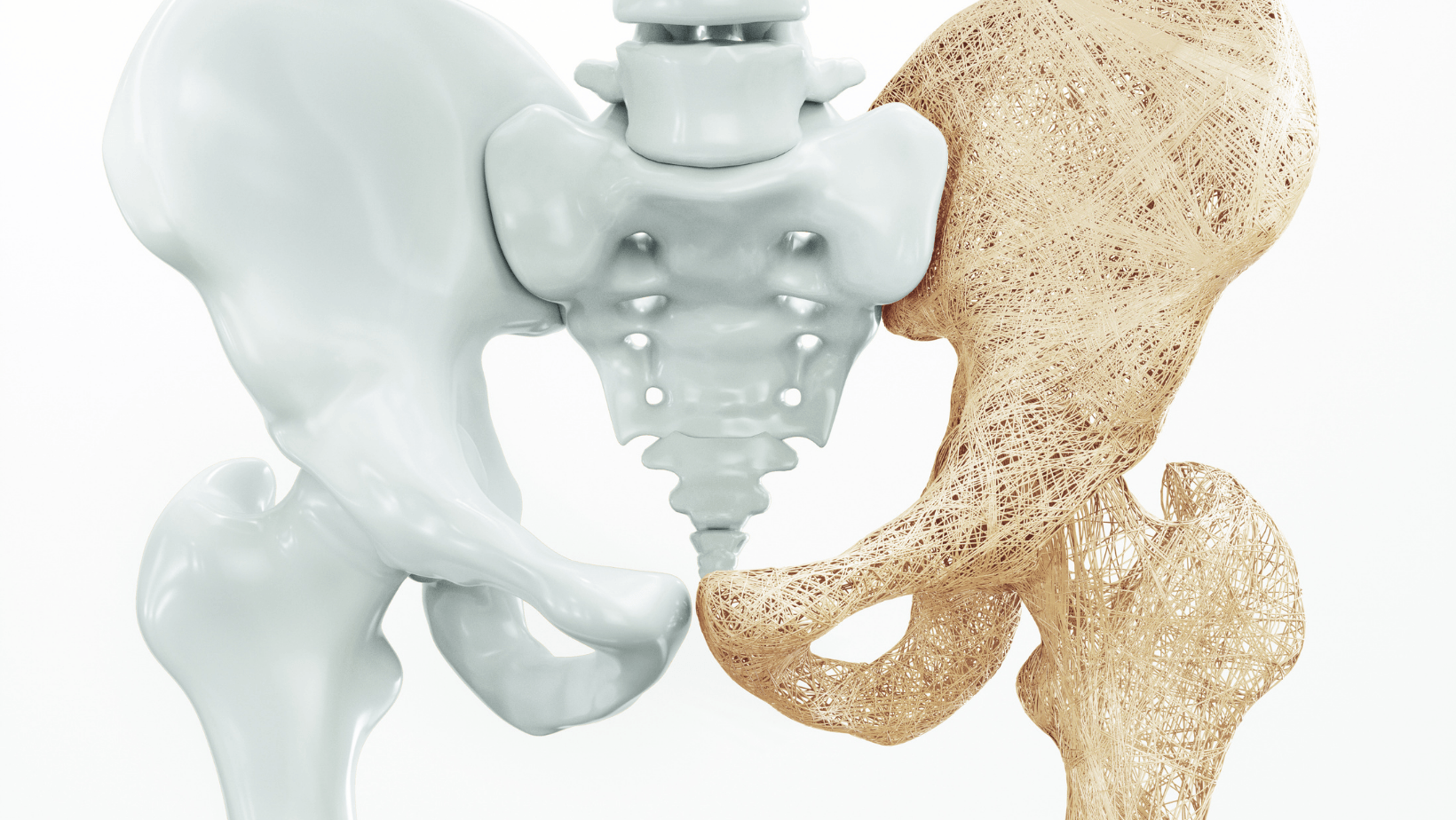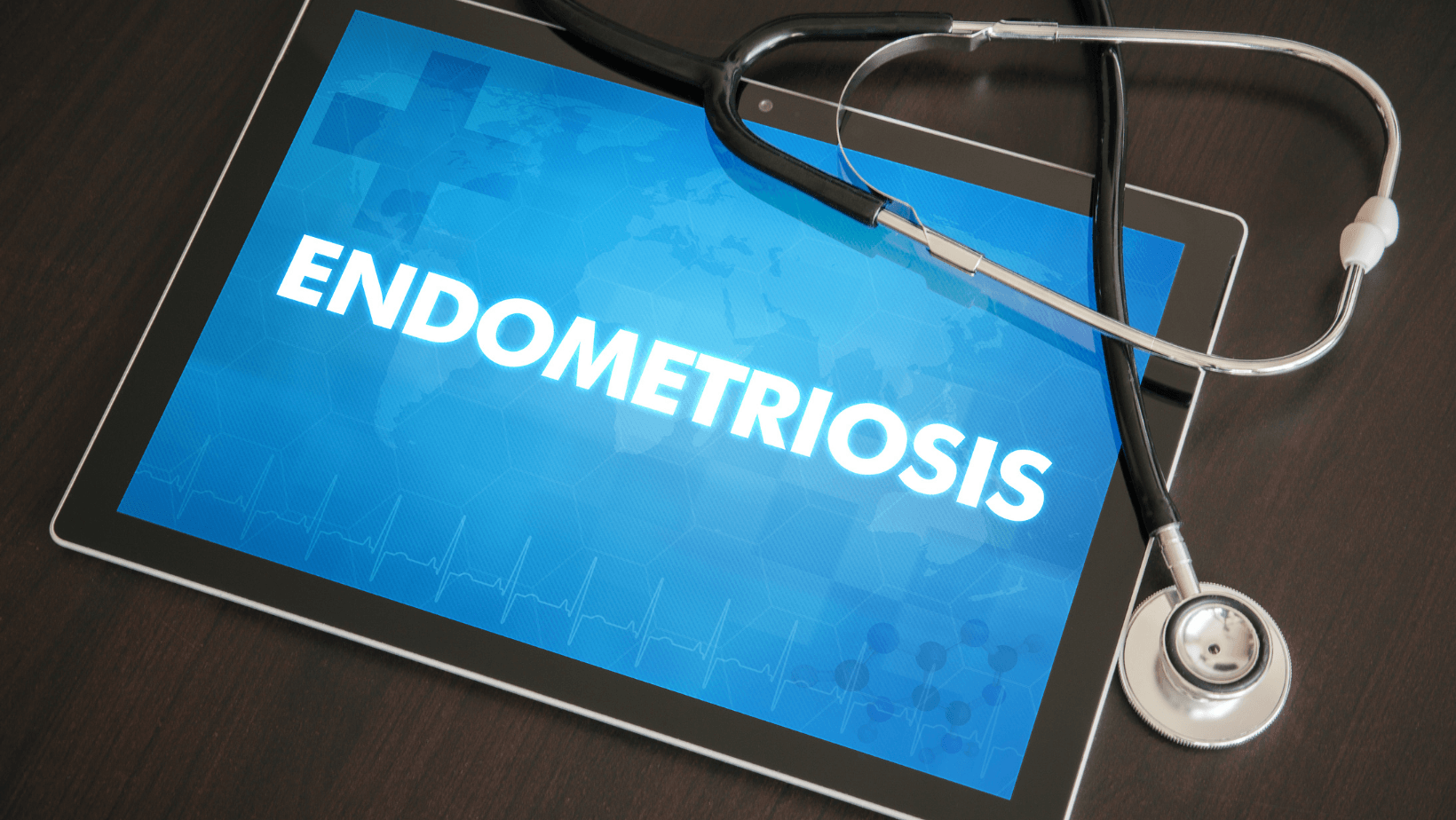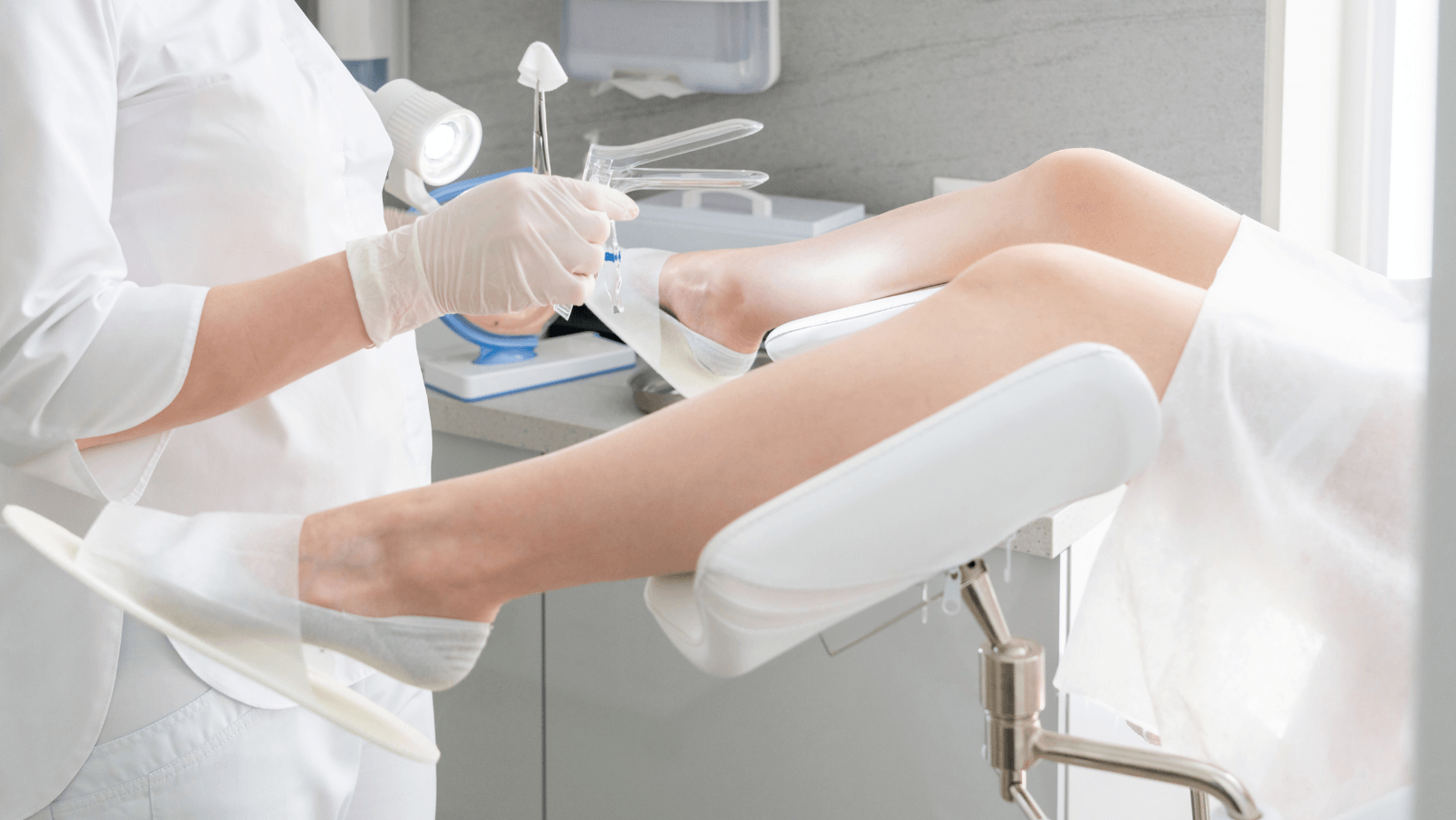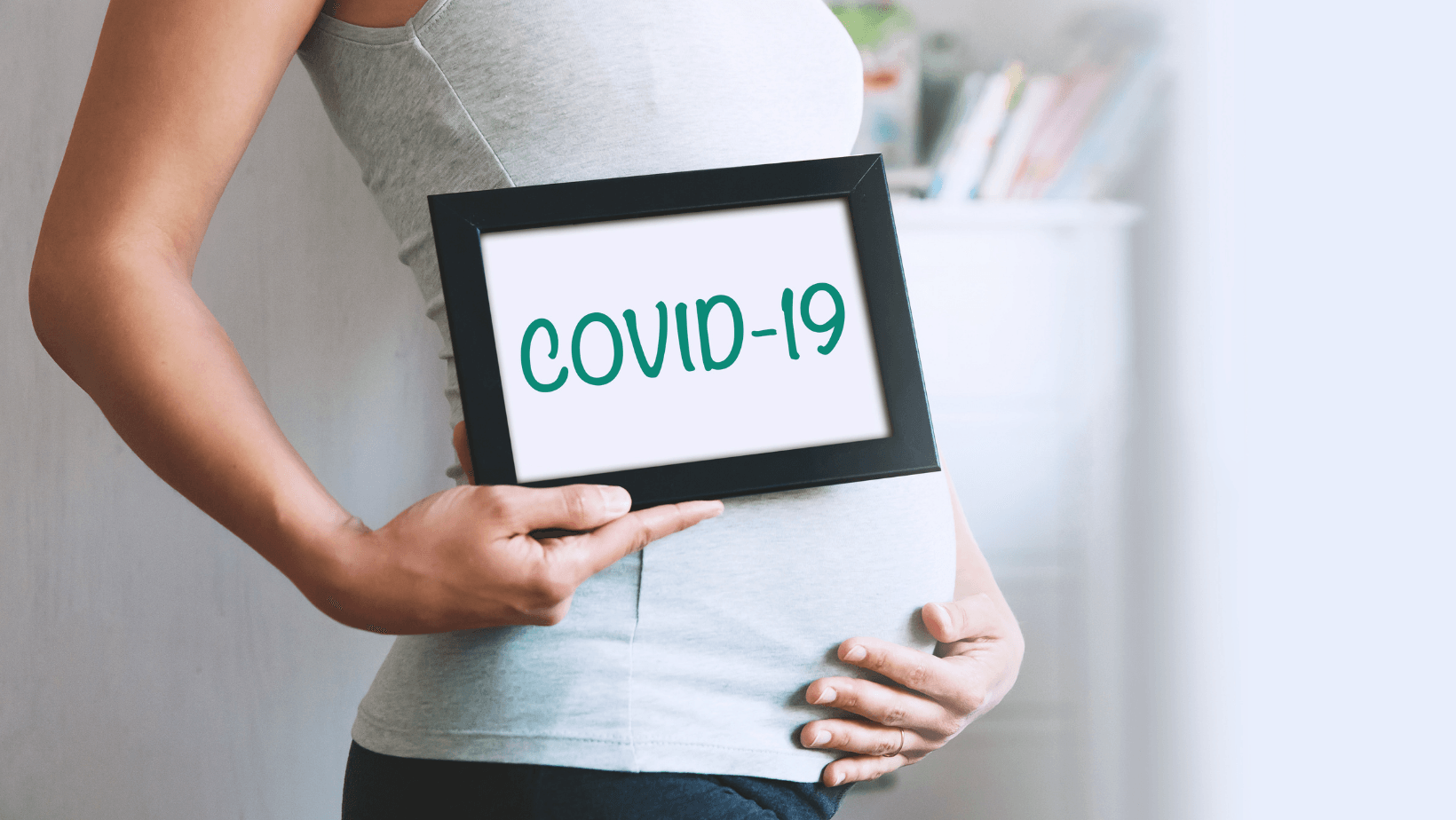Irritable Bowel Syndrome (IBS) - Avicenna Health
IBS
A patient with Irritable Bowel Syndrome said: “I did a colonoscopy and two endoscopies (one with ultrasound), and my doctor only discovered mild gastritis. The doctor never once asked me about my diet and only said she didn’t know where my pain came from. She told me to take medicine for my diarrhea and stomach pain. It helped for a while, but the pain and diarrhea came back with a vengeance”.
Definition of Irritable Bowel Syndrome (IBS)
Irritable Bowel Syndrome is a chronic condition characterized by abdominal pain and altered bowel habits. And since it is established, patients will need to manage long term. Some patients can control their Irritable Bowel Syndrome symptoms by managing their lifestyle and diet. However, some might have severe symptoms which need to be managed by medication.
Symptoms
The symptoms can be different from one person to another. The most common symptoms are:
- Abdominal pain – is frequently described as a cramping sensation. The severity might be mild or severe, and the location of the pain can vary a lot. The pain is usually relieved by defecation. However, some patients might have worse pain with excrement. The pain is sometimes accompanied by abdominal bloating. Some patients report increased gas production as flatulence or belching. In addition to that, stress and meals can exacerbate the pain.
- Altered bowel habits – it can be diarrhea, constipation, or alternating diarrhea and constipation.
- Mucus in the stool
- Other gastrointestinal symptoms – nausea and reflux
What triggers the disease?
This varies from one to another, but the common triggers are:
- Food – many people have severe symptoms when they eat a particular food. For example, spices, chocolate, beans, fats, milk, alcohol, and many other things.
- Stress – most Irritable Bowel Syndrome patients have worse symptoms when they are under pressure.
-
Hormones – many women have worse symptoms around or during menstrual periods.
Risk Factors
- Young people less than 50 years
- Female sex
- Family history
- Mental health, depression, anxiety, sexual and physical abuse
- Previous enteric infection
- Family and job stress (weak risk factor)
When to see a doctor?
When you have severe symptoms and a persistent change in bowel habits, other signs and symptoms that indicate a severe disease and require a consult as soon as possible are rectal bleeding, weight loss, nighttime diarrhea, difficulty swallowing, unexplained vomiting, iron deficiency anemia, and continuous pain which isn't relieved by defecating or passing gas.
Diagnosis
The most important thing to know is that there is no definitive test to diagnose IBS, so lab tests and diagnostic procedures rule out the other causes of the symptoms, such as Celiac disease, Inflammatory Bowel Disease, and colon cancer.
- Lab tests may include:
1. FBC (it can be expected, or it might show that the patient has anemia)
2. Lactose intolerance test (If a person doesn't produce lactase, he may have symptoms similar to IBS)
3. fecal occult blood test (it may be expected or positive in inflammatory bowel disease or colon cancer)
4. fecal calprotectin (it is also used to differentiate IBS from inflammatory bowel disease)
5. CRP (it is considered a reasonable option to screen for inflammatory bowel disease)
6. Hydrogen breath test (it can be expected or abnormal if there is bacterial overgrowth or lactase deficiency)
7. fecal lactoferrin (elevated and it is used to differentiate IBS from IBD)
8. serologic tests for celiac disease (it should be negative in IBS)
- Diagnostic procedures may include:
1. plain abdominal X-ray (this is used to rule out the other causes of the symptoms, such as cancer)
2. CT scan (this is also used to rule out the different causes of your symptoms, such as cancer)
3. Colonoscopy (this allows the detection of IBD or a tumor)
4.
Upper endoscopy (Your doctor might recommend endoscopy if celiac disease is suspected)
Differential Diagnosis
- Crohn’s Disease
- Ulcerative Colitis
- Celiac Disease
- Colon Cancer
- Bowel Infections
-
Lymphocytic and collagenous Colitis
Management
- Lifestyle changes:
1. Dietary adjustments: plenty of fluids – high-fiber foods – avoidance of (gas-producing foods such as onion and beans – lactose – gluten – short-chain carbohydrates such as honey and apple)
2. Physical activity
3. Stress management
4. Psychological therapy (for patients with psychological disorders)
- Medical treatment: it is symptom-directed therapy, and it is for managing: Diarrhea – Constipation – Pain
If you have any concerns about non-emergent health conditions, you may schedule a telemedicine consult with the Avicenna Health provider for an individualized consultation.
References
- The BMJ
- AMBOSS
- Mayo Clinic
- Up To Date

